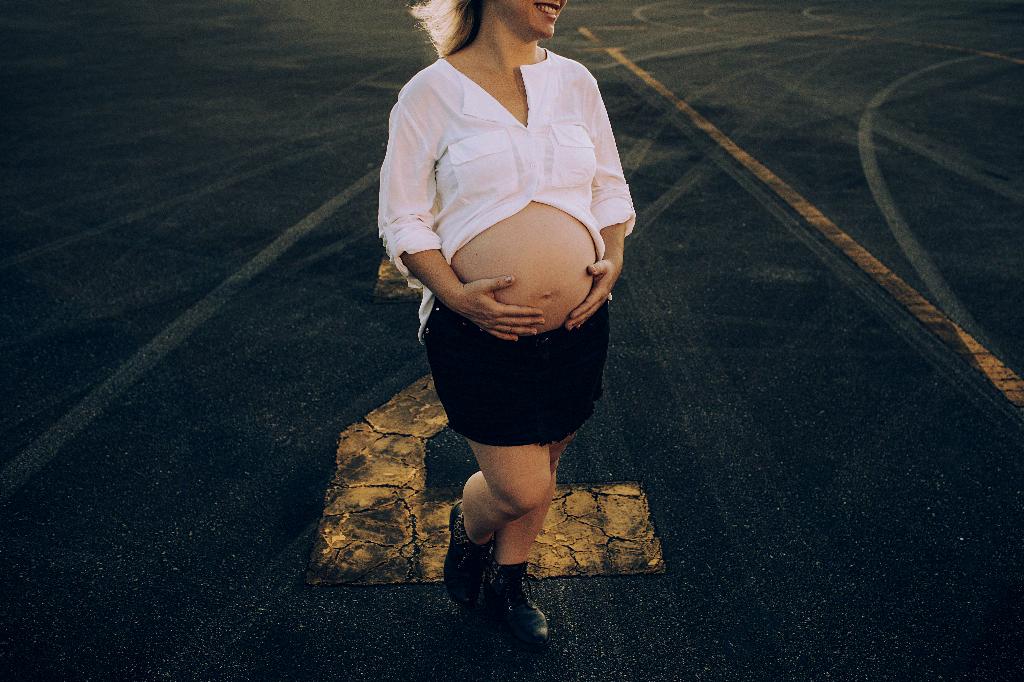Early pregnancy testing can bring about a mixture of emotions – excitement, anticipation, and sometimes anxiety. The question of whether you can get a positive pregnancy test at 10 Days Past Ovulation (DPO) is a common one among those eagerly waiting for signs of conception. Let’s delve into the details to provide you with a comprehensive perspective on this topic.
The Science Behind Pregnancy Testing
Before we address the specific timeline of testing at 10 DPO, it’s essential to understand how pregnancy tests work. These tests detect the presence of human chorionic gonadotropin (hCG), a hormone produced by the placenta after the embryo implants in the uterine wall. The levels of hCG increase rapidly in early pregnancy, making it a reliable indicator of conception.
Timing Is Crucial
Timing is crucial when it comes to pregnancy testing. Testing too early can yield false negative results, leading to disappointment and confusion. While some sensitive pregnancy tests claim to detect hCG levels as early as 6-8 DPO, the accuracy of these tests may vary.
10 DPO: Is It Too Early?
At 10 DPO, implantation may have occurred, and hCG levels could be rising. However, the concentration of hCG in your system might still be too low to be detected by most pregnancy tests. Testing at this stage may result in a false negative, even if you are pregnant.
Factors Affecting Test Accuracy
Several factors can influence the accuracy of a pregnancy test at 10 DPO. These factors include the sensitivity of the test, the timing of implantation, individual hCG levels, and the quality of the test procedure. Each woman’s body responds differently to pregnancy, making it challenging to predict the outcome of early testing accurately.
Consider Waiting
While the temptation to test early is understandable, it may be beneficial to wait until closer to your expected period date. Waiting until at least 14 DPO can increase the chances of receiving an accurate result, reducing the risk of false negatives and potential disappointment.
Managing Expectations
It’s essential to manage your expectations when it comes to early pregnancy testing. The emotional rollercoaster of waiting for results can be overwhelming, but maintaining a balanced perspective and understanding the limitations of early testing can help alleviate stress and anxiety.
Seeking Professional Advice
If you have concerns about early pregnancy testing or are experiencing symptoms that warrant medical attention, consider consulting a healthcare provider. Medical professionals can offer guidance, perform accurate tests, and provide support throughout your pregnancy journey.
Emotional Support
Emotional support is crucial during the early stages of pregnancy testing. Whether you’re trying to conceive or facing challenges along the way, reaching out to friends, family, or online support groups can offer comfort, reassurance, and a sense of community.
Patience and Positivity
Patience and positivity are key virtues when embarking on the journey of pregnancy testing. Embrace each step with optimism, acknowledge the uncertainties that come with early testing, and trust in your body’s natural process of conception.
Conclusion
While the prospect of testing for pregnancy at 10 DPO may seem appealing, it’s essential to approach the process with caution and mindfulness. Understanding the science behind early testing, considering the factors that influence accuracy, and seeking support when needed can help navigate the emotional complexities of this journey.
Remember, Your Body, Your Journey
Your body has its unique way of responding to pregnancy, and your journey is unlike anyone else’s. Embrace each moment with patience, resilience, and self-care, knowing that every step brings you closer to the possibility of new beginnings.

